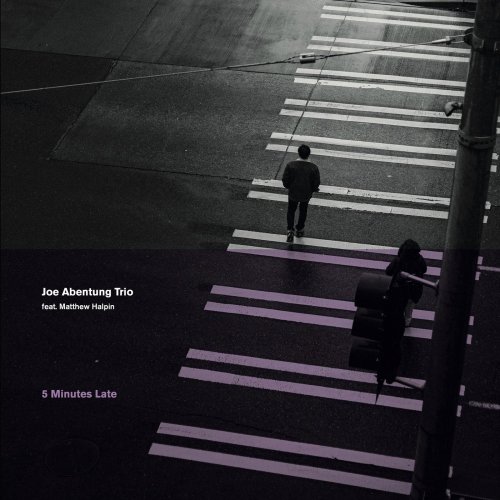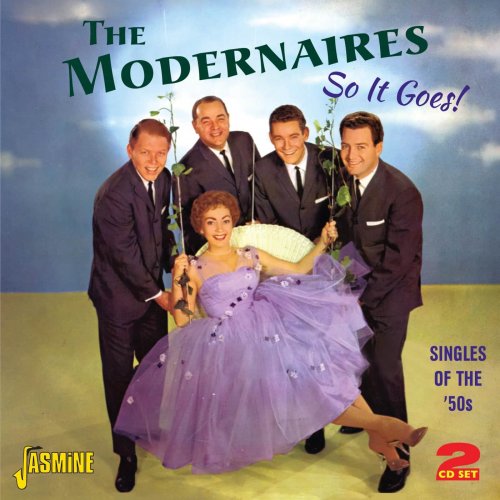Steven Isserlis - Antonín Dvořák - Cello Concertos (2013)

Artist: Steven Isserlis
Title: Antonín Dvořák - Cello Concertos
Year Of Release: 2013
Label: Hyperion
Genre: Classical
Quality: FLAC (image+.cue)
Total Time: 01:19:14
Total Size: 388 Mb
WebSite: Album Preview
Tracklist: Title: Antonín Dvořák - Cello Concertos
Year Of Release: 2013
Label: Hyperion
Genre: Classical
Quality: FLAC (image+.cue)
Total Time: 01:19:14
Total Size: 388 Mb
WebSite: Album Preview
Antonín Dvořák (1841-1904)
[1]-[3] Cello Concerto in B Minor, Op.104 (1894-5)
[4] Lasst mich allein, Op.82 No.1 (1888)
arranged for orchestra by B. Leopold
[5] Original ending of Cello Concerto in B Minor
[6]-[8] Cello Concerto in A major, B10 (1865)
revised & orchestrated by Günter Raphael
Performers:
Steven Isserlis cello
Mahler Chamber Orchestra
Daniel Harding conductor
Antonín Dvorák's Cello Concerto in B minor, Op. 104, is one of his two or three most popular works. Given the composer's celebrity at the time, it is surprising that its complicated editorial history is not better known. To explore that editorial history is the aim of cellist Steven Isserlis here. If what you're looking for is a basic starter rendition of the concerto, you can probably do better than this one; the Mahler Chamber Orchestra under Daniel Harding is underpowered for this piece, and the readings are little more than straightforward. But for those who already love the work, there are revelations here. The work went through two stages of modification. First, and most important, Dvorák revised the ending of the concerto substantially after the death of his wife's sister Josefina, with whom Dvorák himself had once been in love. The finale was extended with bittersweet material, including quotations from the previous movements that incorporated one of Josefina's favorite songs. Isserlis offers an original ending next to the work as it has come down to today, and it's striking; as Dvorák conceived it, the lyrical ending was something of an afterthought to the generally triumphal, Tchaikovskian mood of the finale, but life got in the way and rewrote the work for him, resulting in the transcendent sadness that blows away marching music and has put this work at the center of the classical repertory. The album also includes the song in question, as well as a very early cello concerto that Dvorák probably would have preferred to inter. At any rate, there's something very personal and moving about this look into the great Cello Concerto in B minor.

![Coco Chatru Quartet - Lost Christmas (2025) [Hi-Res] Coco Chatru Quartet - Lost Christmas (2025) [Hi-Res]](https://www.dibpic.com/uploads/posts/2025-12/1765719561_coco-chatru-quartet-lost-christmas-2025.jpg)






